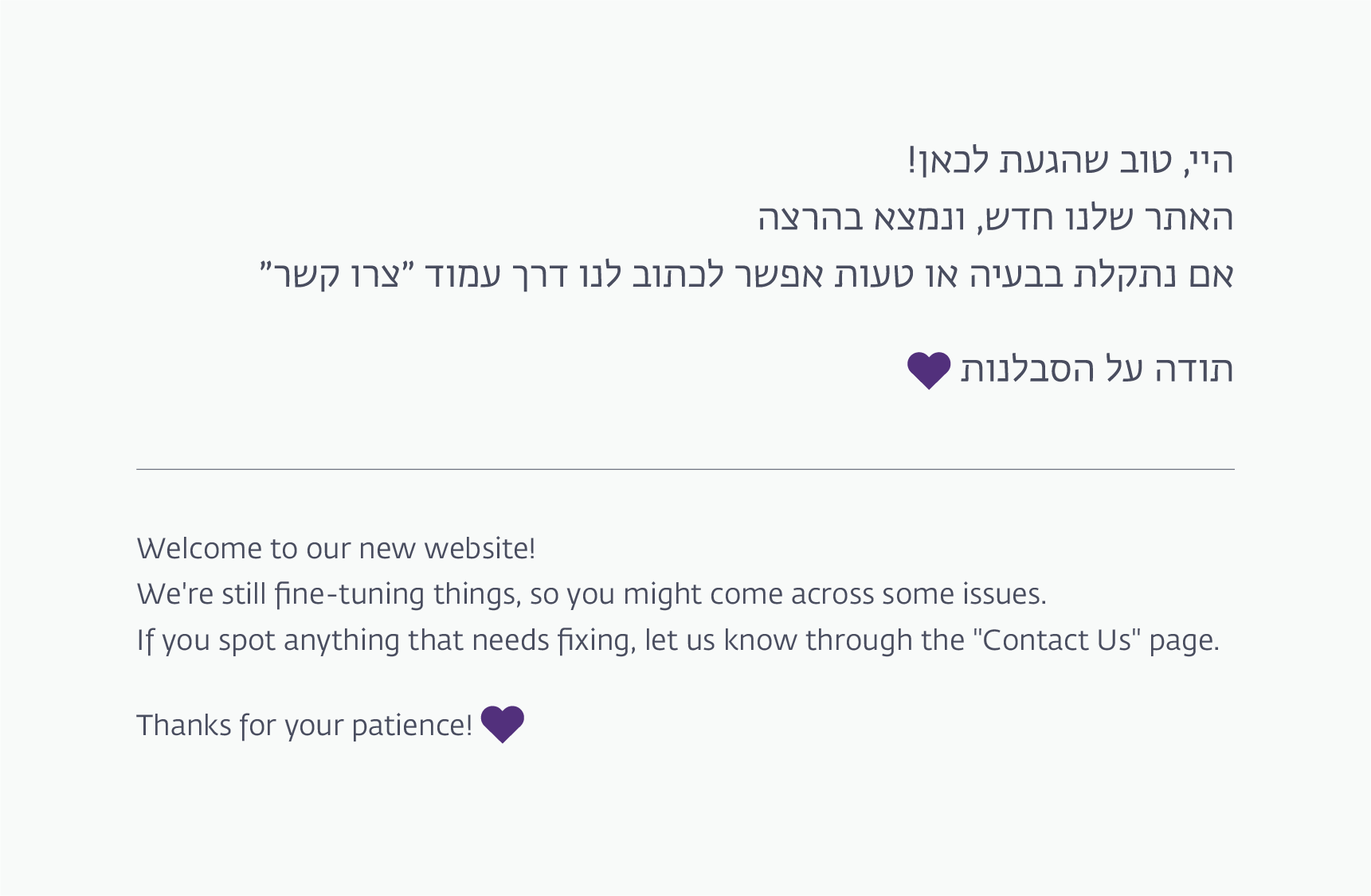Lobby

In childhood, you learn a sense of self-defense and not to let anyone hurt you, and if they do — of course, you must fight back.
There is a stigma to always want to have sex, at any stage, and with anyone. You learned that you must lead, provide, be strong and stable — and most importantly, never break.
Sexual assault is almost always associated with violence against women. Weakness, vulnerability, and passivity are linked to femininity and therefore are often perceived as traits that contradict the essence of masculinity. That’s why, as a society, we struggle to accept the possibility that a man can be a victim of sexual violence.
This situation leads to many difficulties in the process men go through when dealing with sexual assault. The internalization, over many years, of society’s expectations of men leads many male victims to be unable to define their experience as sexual assault. If you were assaulted by a woman, many would say you were “lucky,” and if you’re a “real man,” you should simply take the opportunity. If you were assaulted by a man, you’re expected to defend yourself, take control of the situation, and stop it whenever you wish.
But today, we already know that reality is more complex.
Numerous studies show that during sexual assault, men and boys, like women and girls, often freeze. Moreover, therapeutic knowledge teaches us that the effects of sexual assault on men’s lives, as with women, are severe and traumatic. Victims experience a loss of control, insecurity, abandonment, loneliness, and self-blame.
The recognition of society’s expectations from men, that they must not show weakness or vulnerability, leads to a situation where male victims struggle to seek help.
Last updated: 10.06.2025


